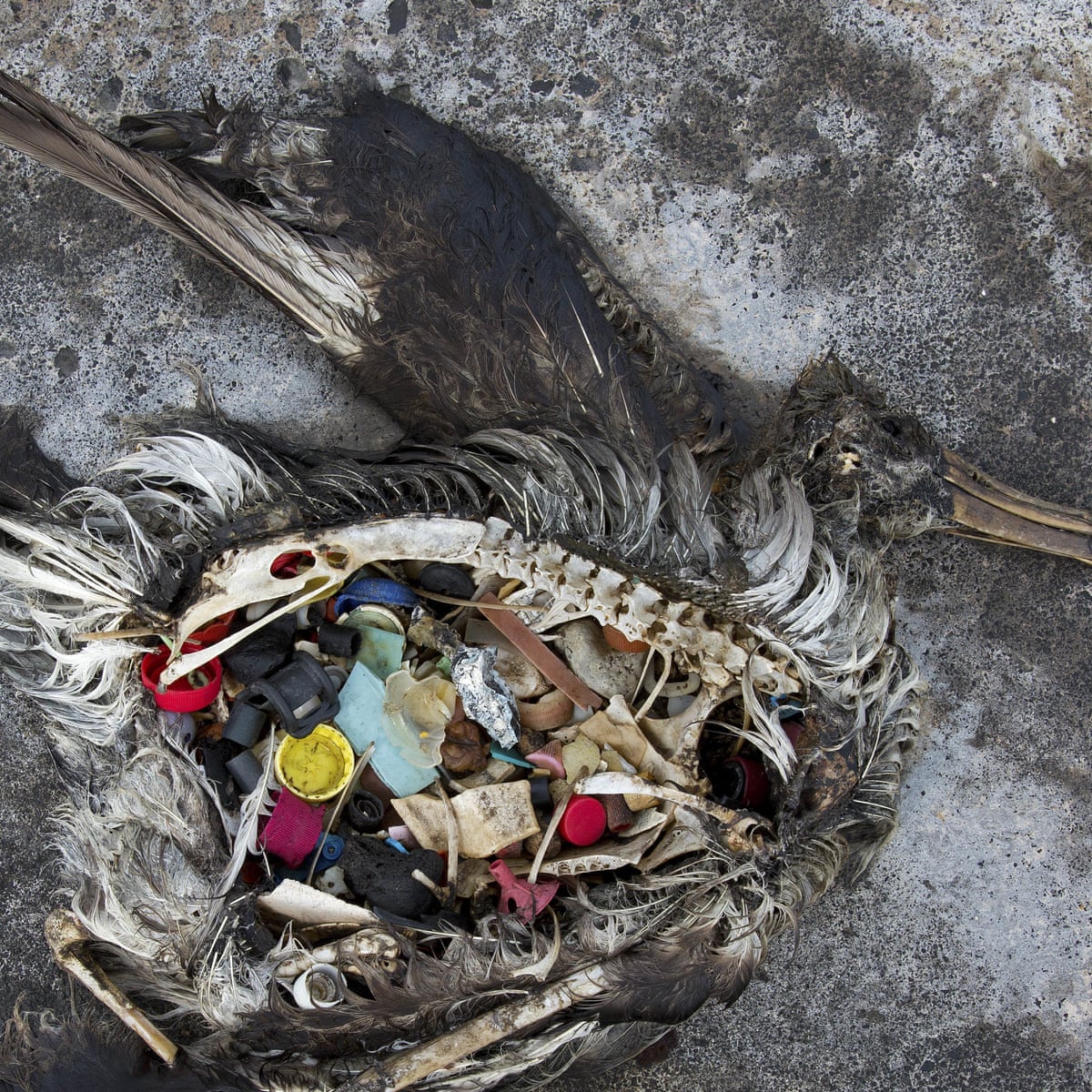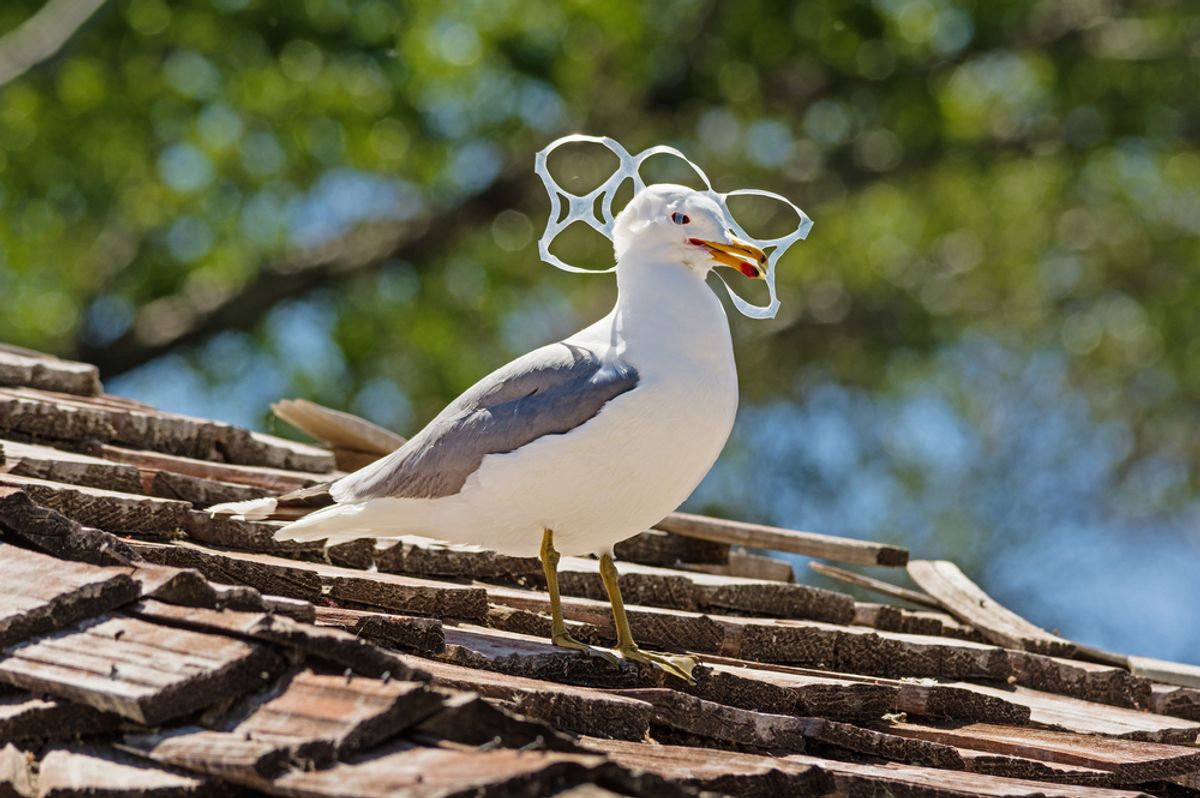Glaucous-winged gulls live along the shorelines and in marine environments of BC Canada. There are many threats facing sea birds, but by far the most devastating is that they are majorly affected by plastic pollution. Sea birds will ingest plastics but cannot digest them, this effectively will starve the bird to death once the stomach is full of plastics. Sea birds internal organs are also at risk while ingesting plastics. Other threats include: Oil spills, habitat destruction and entanglement in debris.
The most simple solution to this problem is to avoid using single use plastics in general, by recycling and using reusable items throughout our daily lives. We can also be thoughtful about which large companies we are buying into which could probably be contributing to the pollution of the waterways and the marine food web. Sea birds need humans to be thoughtful about the amount of new materials they are consuming and the waste they generate.


